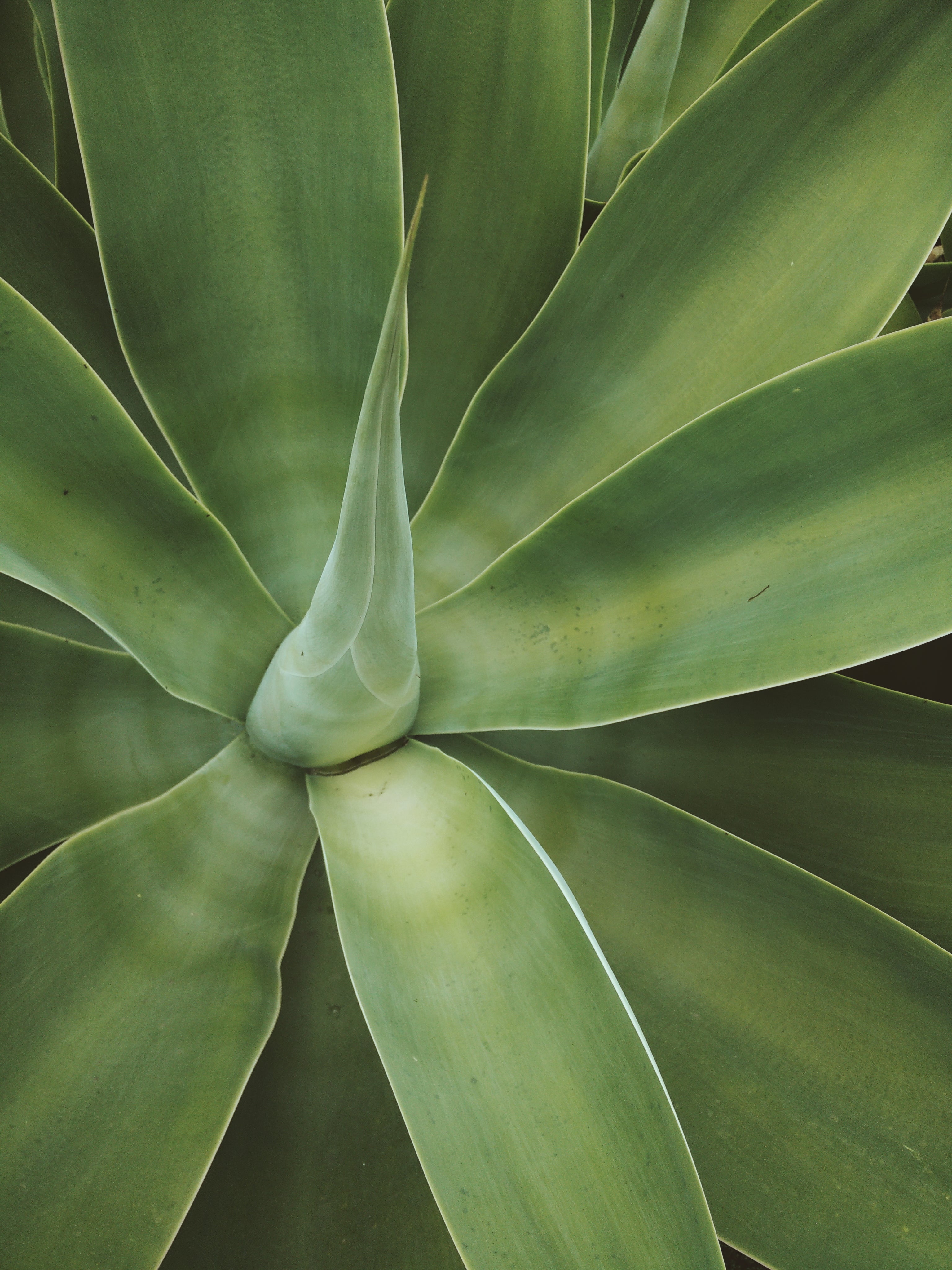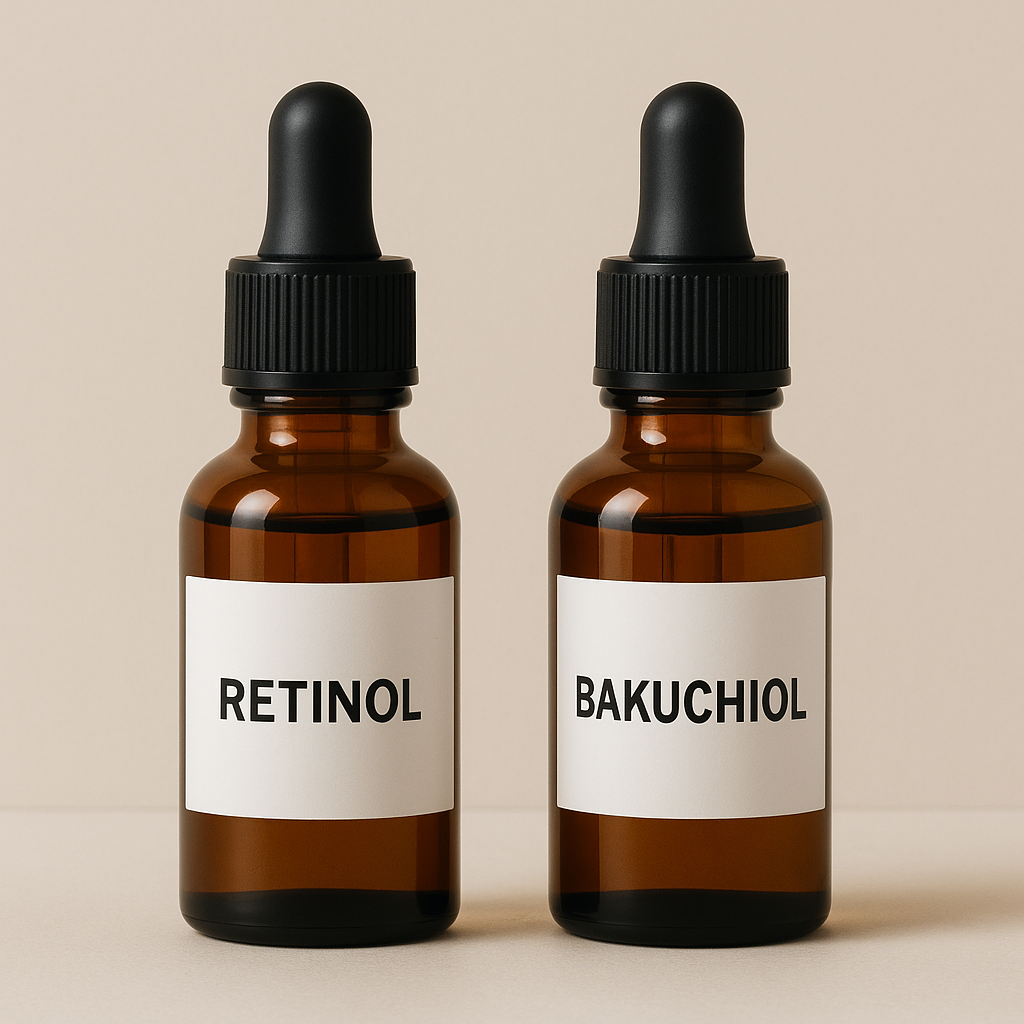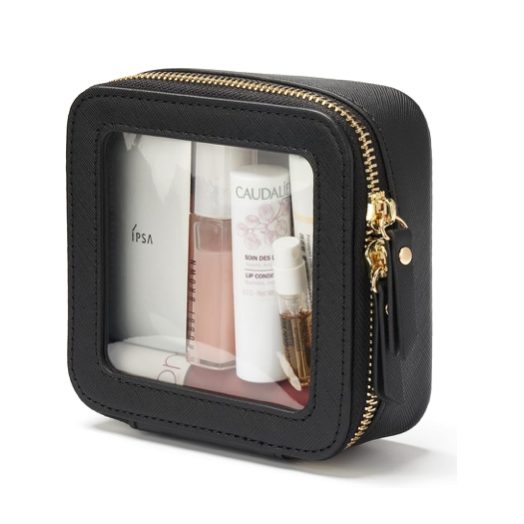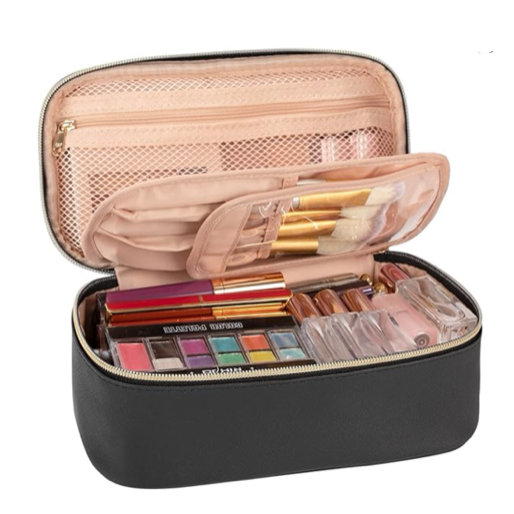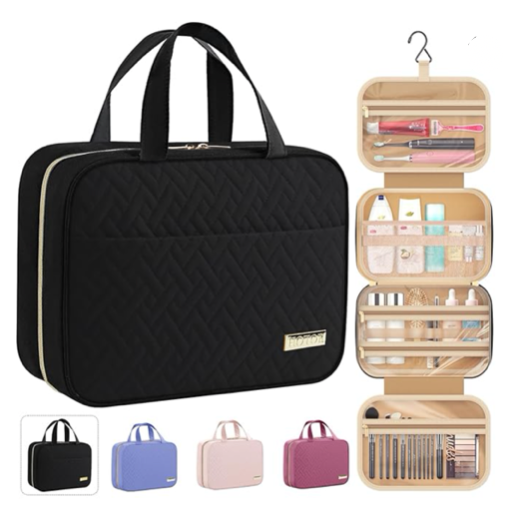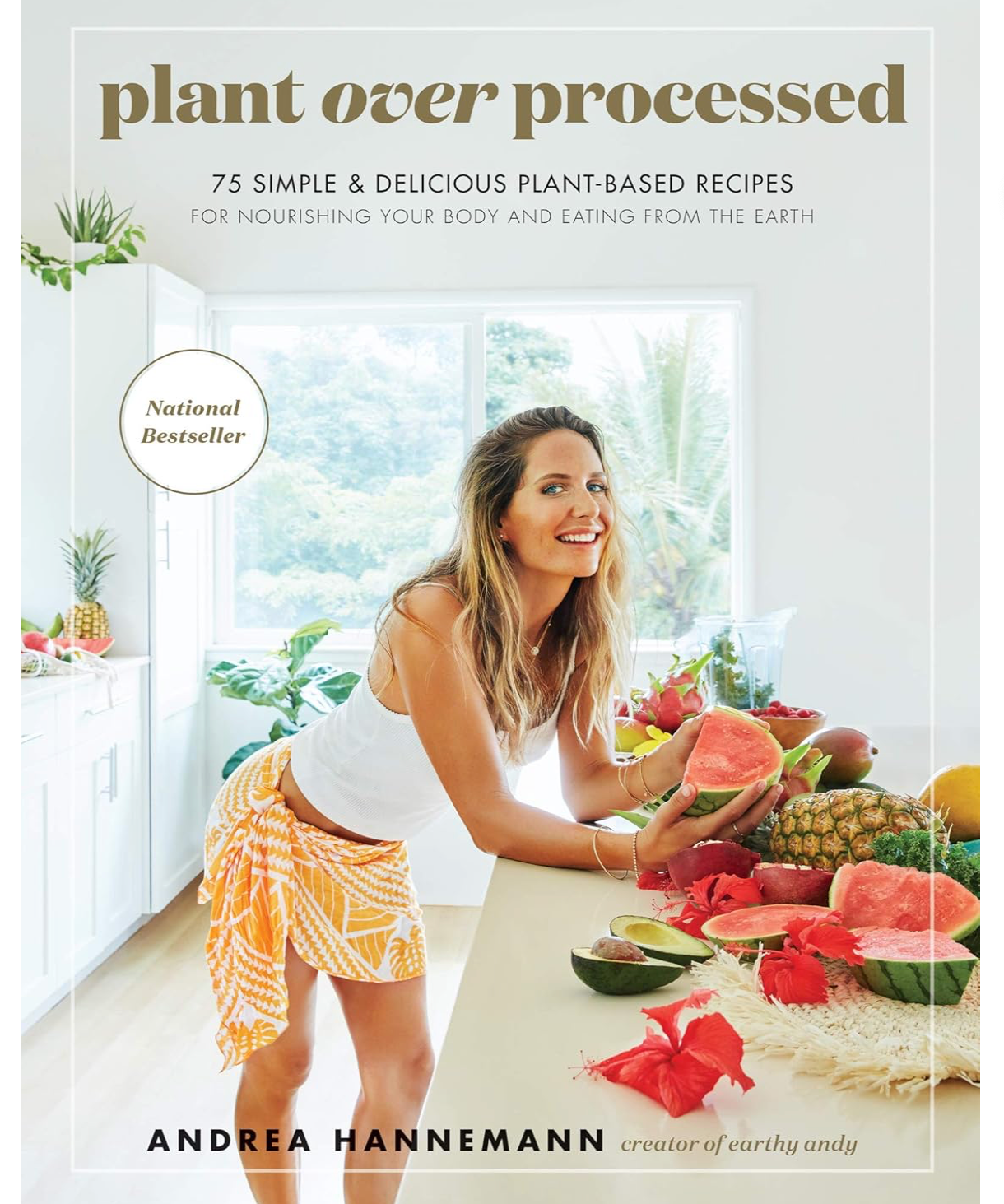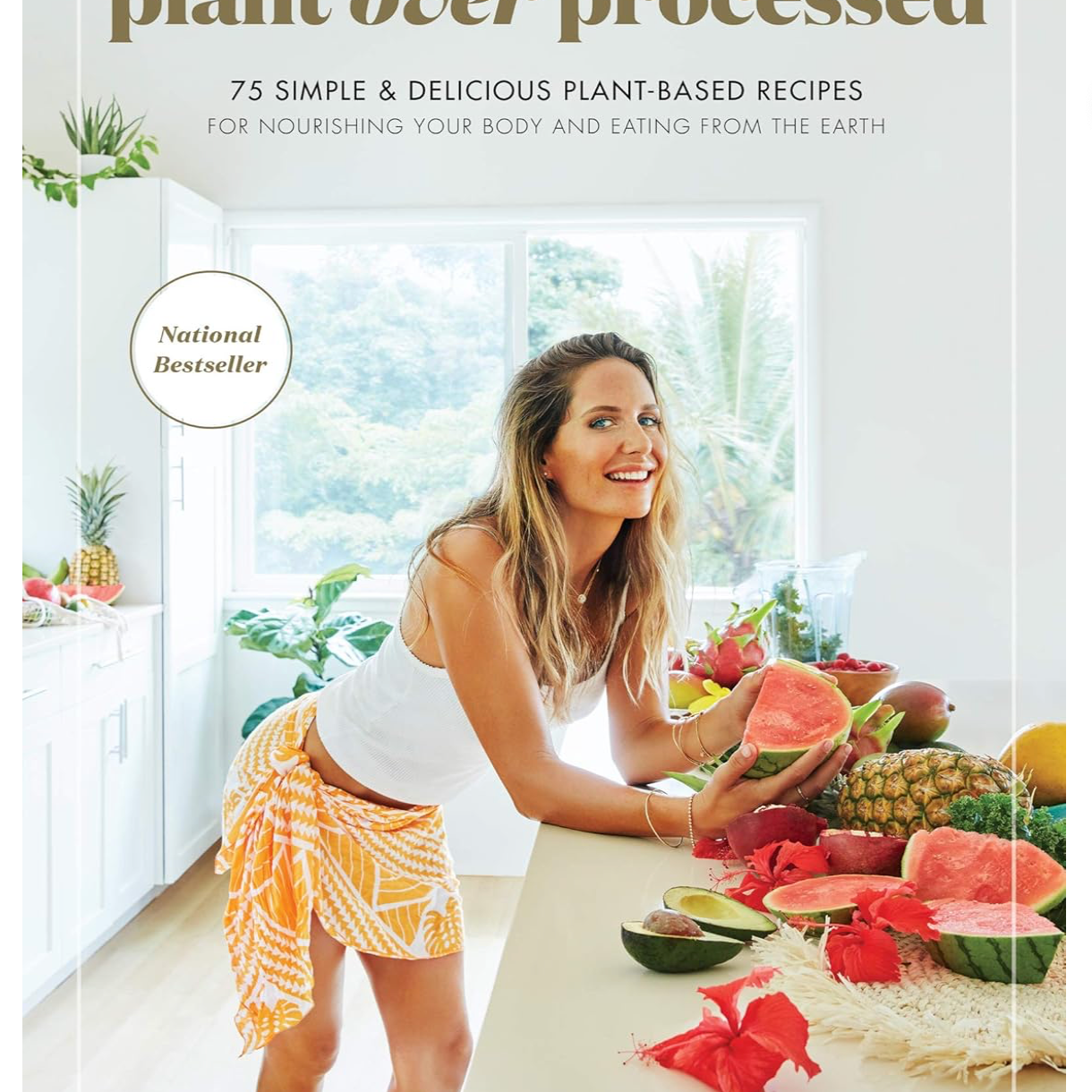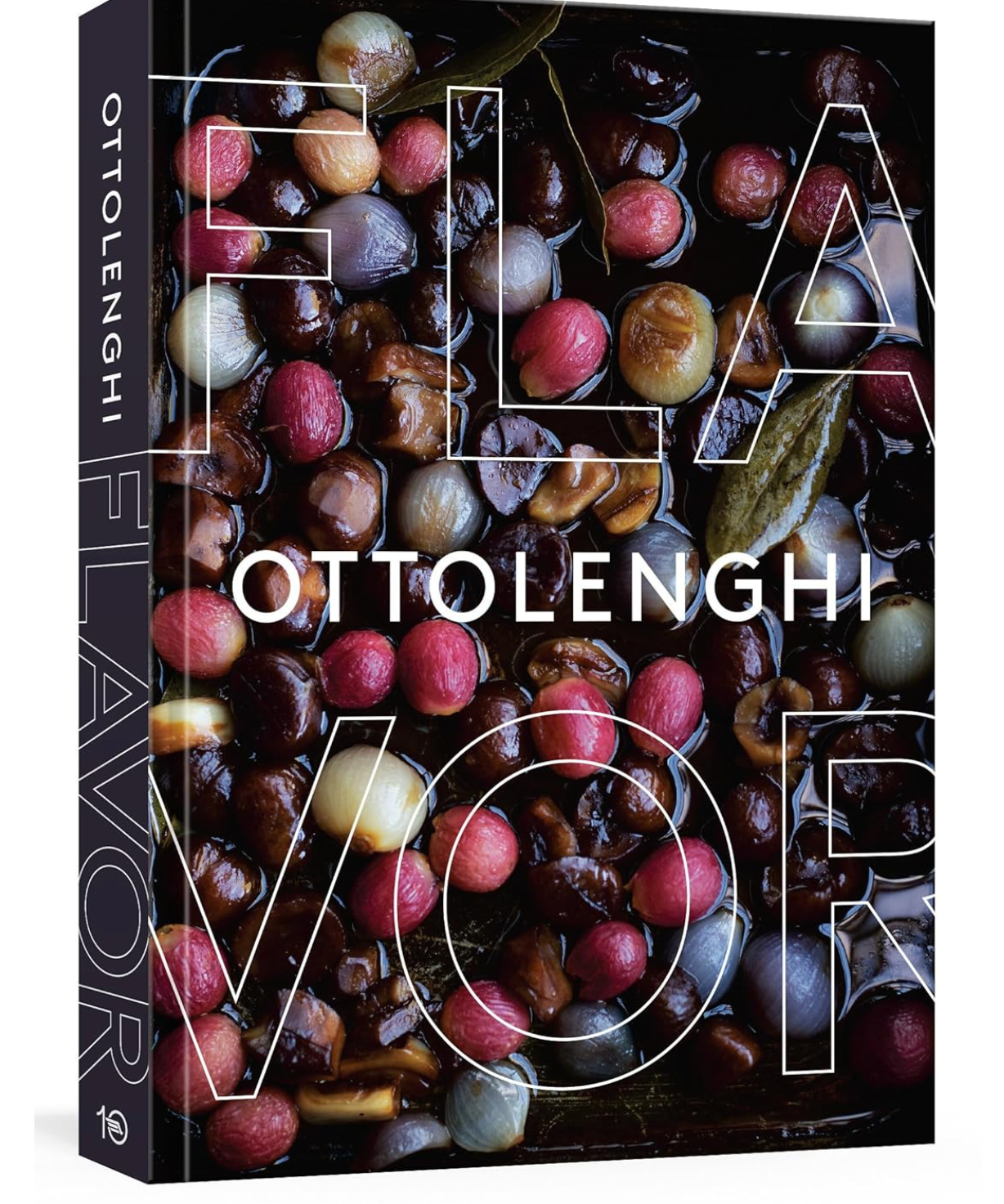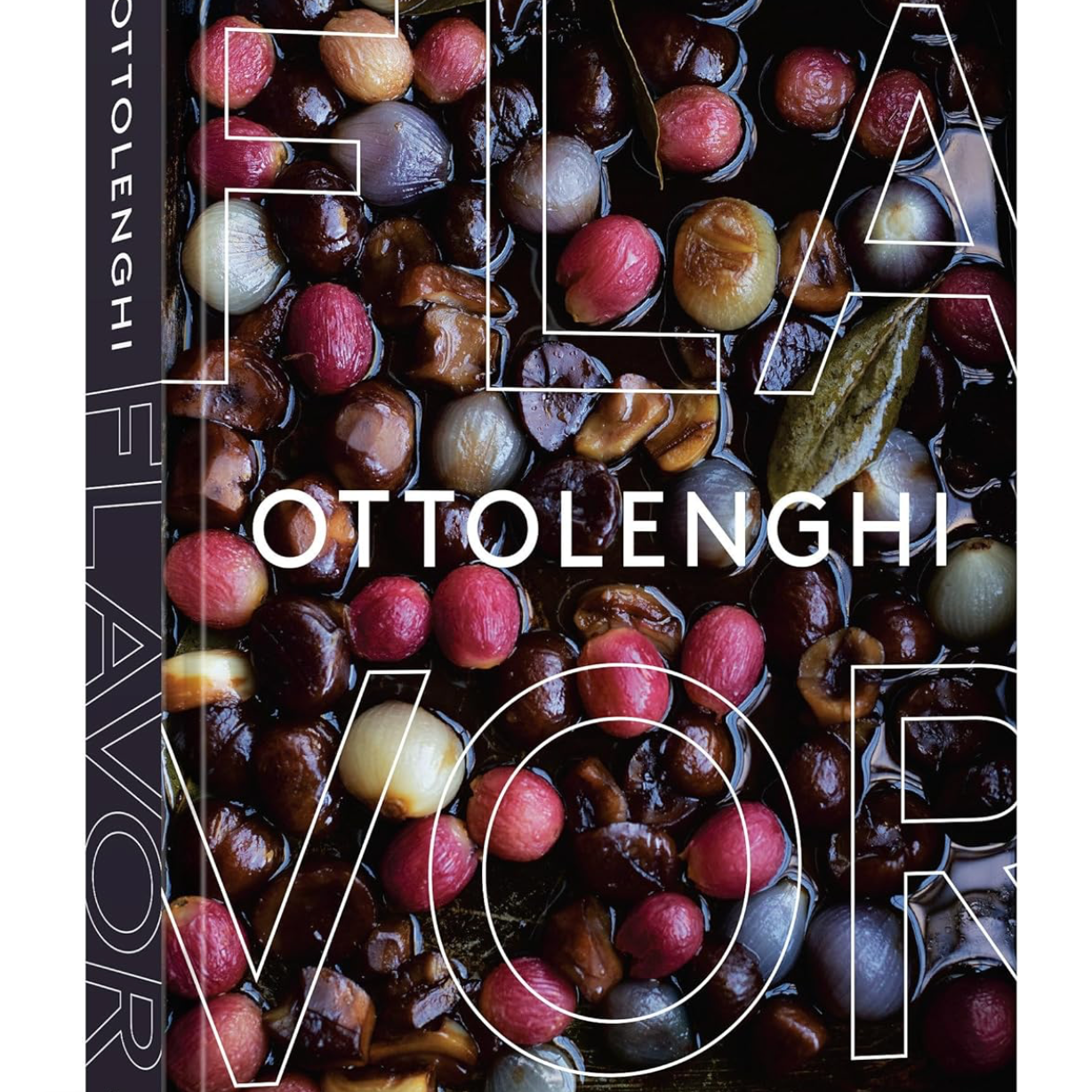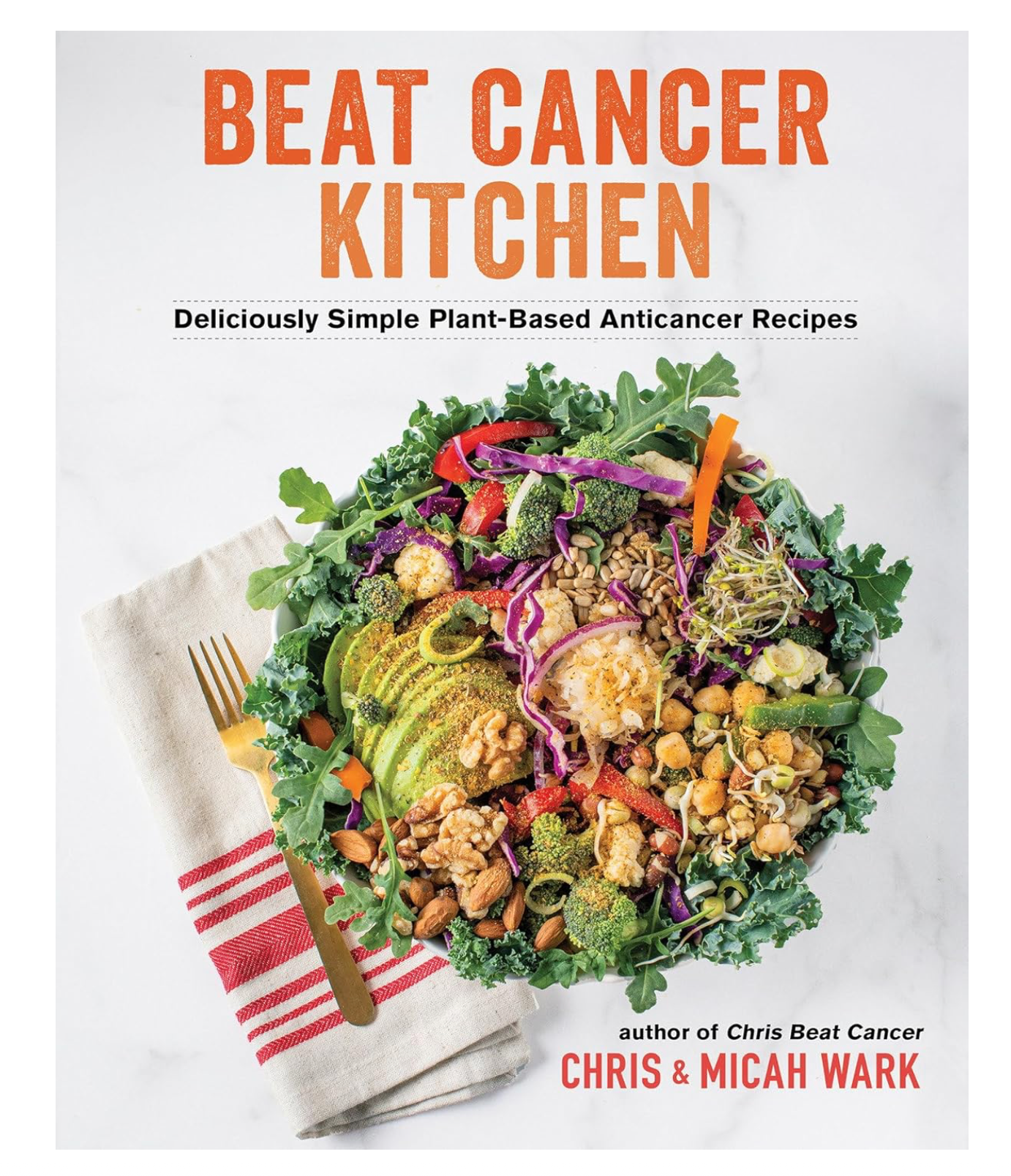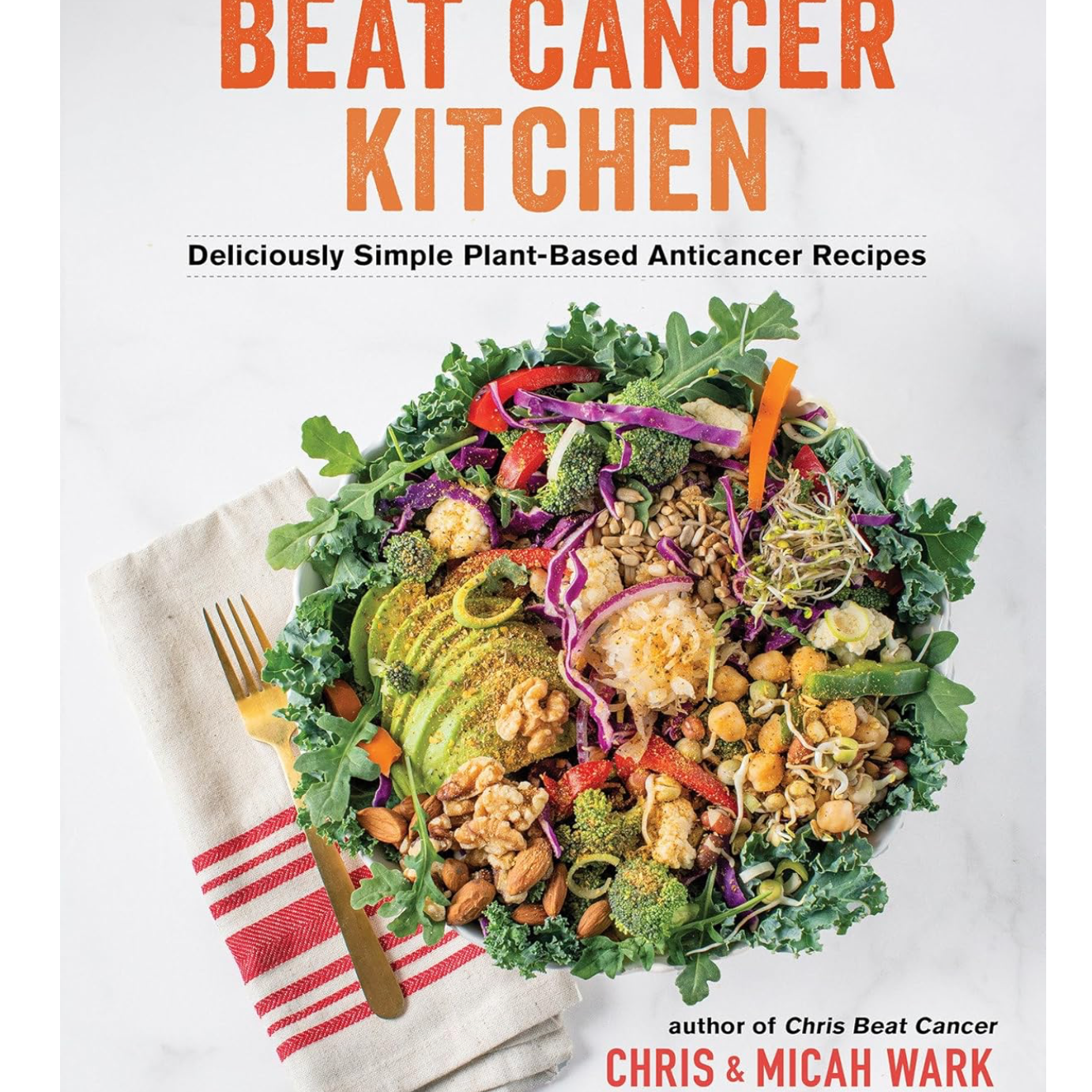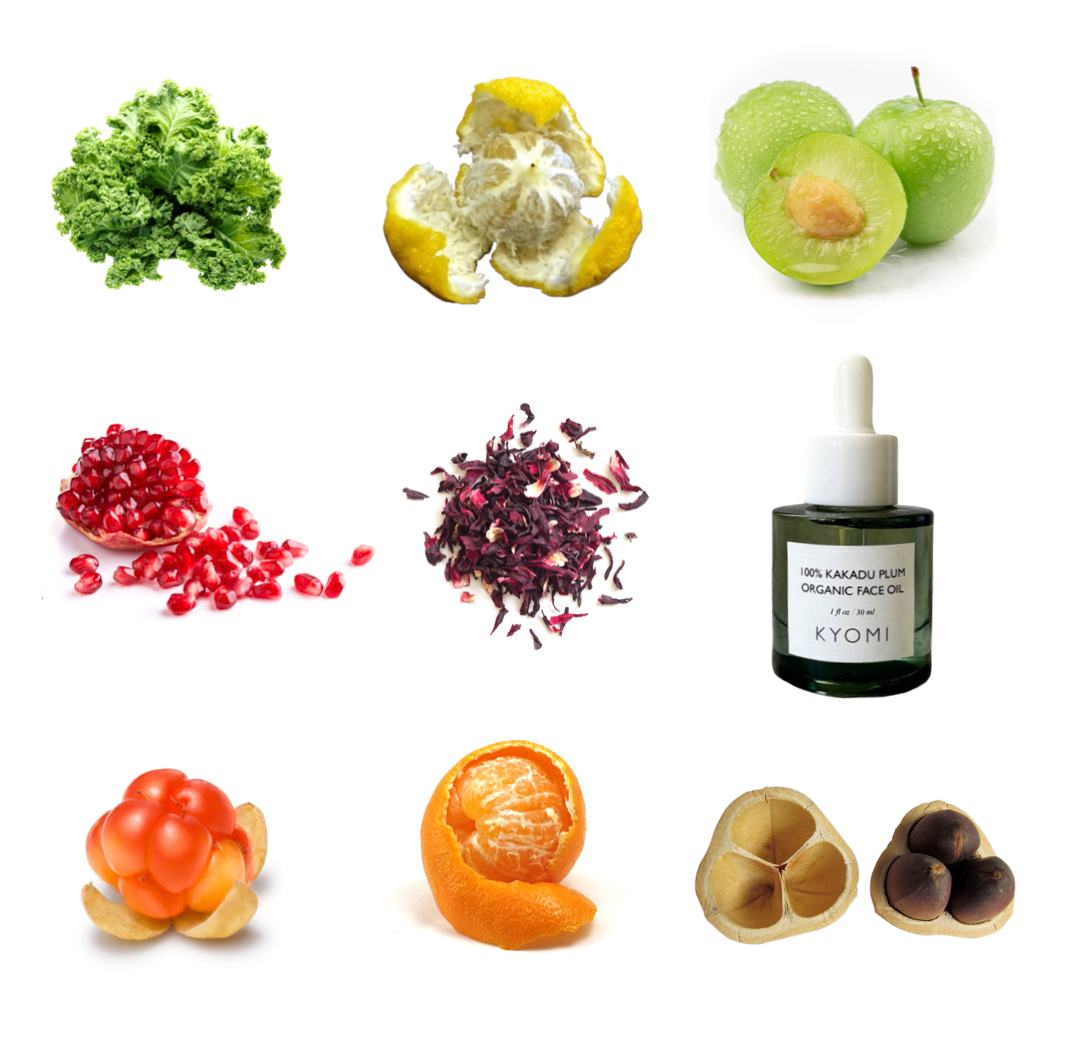A New Era in Anti-Aging Skincare
If you’ve searched for anti-aging skincare solutions, chances are you’ve come across two key players: retinol and bakuchiol. Retinol has long been considered the gold standard for minimizing fine lines and improving skin texture. But in recent years, bakuchiol—a plant-derived alternative—has been gaining attention as a gentler, natural option that promises similar results.
So, is bakuchiol really as effective as retinol? And which one is better for addressing fine lines and early signs of aging?
Let’s break down the science, benefits, side effects, and what clinical studies say to help you make an informed decision for your skin.
What Is Retinol?
Retinol is a vitamin A derivative widely used in dermatology for its proven anti-aging properties. It works by accelerating skin cell turnover, boosting collagen production, and reducing the appearance of fine lines, wrinkles, and pigmentation.
How it works:
Retinol penetrates the skin and is converted into retinoic acid, which binds to skin receptors and influences gene expression—resulting in improved skin structure and function over time [1].
Benefits of retinol include:
-
Smoothing fine lines and wrinkles
-
Fading hyperpigmentation and sun damage
-
Improving skin tone and texture
-
Stimulating collagen synthesis
However, retinol comes with side effects, especially during the early “retinization” period. Users often experience dryness, flaking, redness, and increased sensitivity to sunlight.
What Is Bakuchiol?
Bakuchiol (pronounced buh-koo-chee-ol) is a natural compound extracted from the seeds and leaves of the Psoralea corylifolia plant, also known as babchi or bakuchi. Though it has no structural resemblance to retinol, it mimics many of its effects—without the irritation.
Bakuchiol has been used in traditional Ayurvedic and Chinese medicine for centuries, but its rise in modern skincare is supported by emerging clinical research.
Clinical Comparison: Bakuchiol vs Retinol
1. Effectiveness on Fine Lines and Wrinkles
A landmark 2018 study published in the British Journal of Dermatology directly compared bakuchiol and retinol. In a 12-week randomized, double-blind clinical trial, 44 participants applied either 0.5% bakuchiol or 0.5% retinol twice daily [2].
Key findings:
-
Both bakuchiol and retinol significantly reduced fine lines and wrinkles.
-
Bakuchiol users reported less irritation, including scaling and stinging.
-
Skin elasticity and firmness improved similarly in both groups.
This study was the first to demonstrate that bakuchiol could be a functional alternative to retinol for photoaging, particularly in individuals with sensitive skin.
2. Collagen Production
Both retinol and bakuchiol stimulate collagen production—one of the critical factors in reducing fine lines and improving skin elasticity.
In a 2014 in-vitro study, bakuchiol was shown to regulate gene expression in skin cells similarly to retinol, particularly those involved in collagen synthesis and antioxidant activity [3]. While more research is needed, early results are promising.
Side Effects and Skin Tolerance
Retinol:
Known for its effectiveness, but also for its harsh adjustment period. Common side effects include:
-
Dryness and flaking
-
Redness and irritation
-
Photosensitivity
-
Not recommended during pregnancy or breastfeeding
Bakuchiol:
Gentler on the skin and suitable for all skin types, including sensitive and acne-prone. It is:
-
Non-irritating
-
Non-photosensitizing (can be used during the day)
-
Safe during pregnancy and breastfeeding
-
Often paired with other actives like niacinamide or hyaluronic acid
Texture, Application, and User Experience
Bakuchiol-based products—especially oils and serums—tend to be soothing, hydrating, and quick to absorb. Retinol products, on the other hand, are typically creams or gels and may require careful layering and limited use (usually at night only).
At Kyomi Skin, we’ve formulated our Bakuchi Face Oil to deliver concentrated bakuchiol along with antioxidant-rich plant oils for smoother, more radiant skin—without the irritation.
Which Is Better for Fine Lines?
Here’s how they compare:
| Feature | Retinol | Bakuchiol |
|---|---|---|
| Proven effectiveness | ✔️ Clinically proven | ✔️ Clinically comparable |
| Skin irritation | ❌ Common, especially early on | ✅ Very rare |
| Pregnancy safe | ❌ No | ✅ Yes |
| Use during the day | ❌ Night only (photosensitive) | ✅ Day or night (with SPF) |
| Suitable for sensitive skin | ❌ Often not tolerated well | ✅ Gentle and calming |
| Natural origin | ❌ Synthetic | ✅ Plant-based |
Verdict: It Depends on Your Skin Goals
If you want fast results and your skin can tolerate it, retinol may still offer a slightly more potent option—especially for deeper wrinkles and sun damage. However, for those seeking a gentler, natural solution to fine lines, bakuchiol offers similar results with fewer risks.
It’s not about choosing one over the other—it’s about finding what works for your skin.
What Dermatologists Say
Dr. Shari Marchbein, board-certified dermatologist, told Allure magazine that "Bakuchiol is a great alternative for people who can’t tolerate retinol." She emphasizes that it’s especially beneficial for those with sensitive or dry skin who want anti-aging results without inflammation [4].
Final Thoughts
Bakuchiol represents a new wave in plant-powered skincare—offering a gentler path to smoother, firmer skin. Whether you're just starting an anti-aging routine or looking to switch from synthetic retinoids, bakuchiol provides a research-backed, skin-friendly option worth exploring.
At Kyomi Skin, we believe in science-backed botanicals. That’s why our Bakuchi Face Oil blends the power of bakuchiol with nourishing botanicals like rosehip and sea buckthorn—so you can age beautifully, naturally.
Sources
[1] Mukherjee, S., et al. (2006). "Retinoids in the treatment of skin aging: An overview of clinical efficacy and safety." Clinical Interventions in Aging.
https://www.ncbi.nlm.nih.gov/pmc/articles/PMC2699641
[2] Dhaliwal, S. et al. (2018). "Bakuchiol: A Retinol-Like Functional Compound Revealed by Gene Expression Profiling and Clinical Studies." British Journal of Dermatology.
https://onlinelibrary.wiley.com/doi/full/10.1111/bjd.16918
[3] Chaudhuri, R.K. (2014). "Bakuchiol: A retinol-like functional compound revealed by gene expression profiling and clinically proven to have anti-aging effects." International Journal of Cosmetic Science.
[4] Allure. (2020). “Bakuchiol: The Natural Alternative to Retinol Your Skin Has Been Waiting For.”
https://www.allure.com/story/bakuchiol-skincare-ingredient

